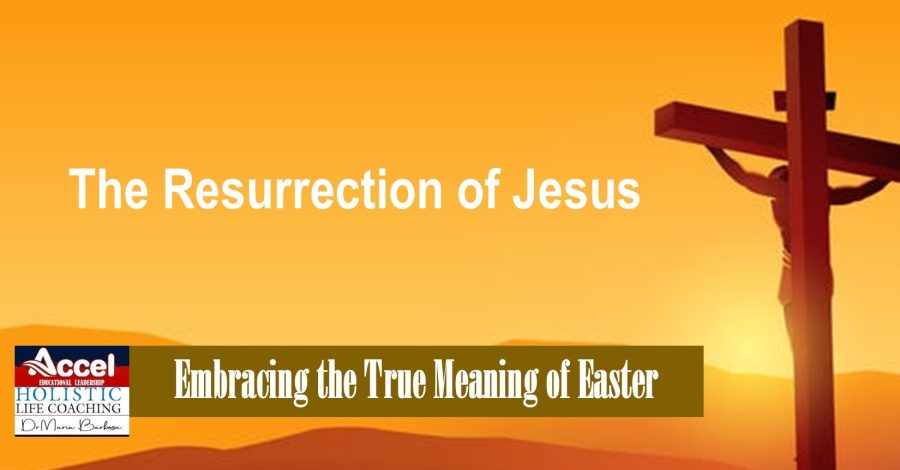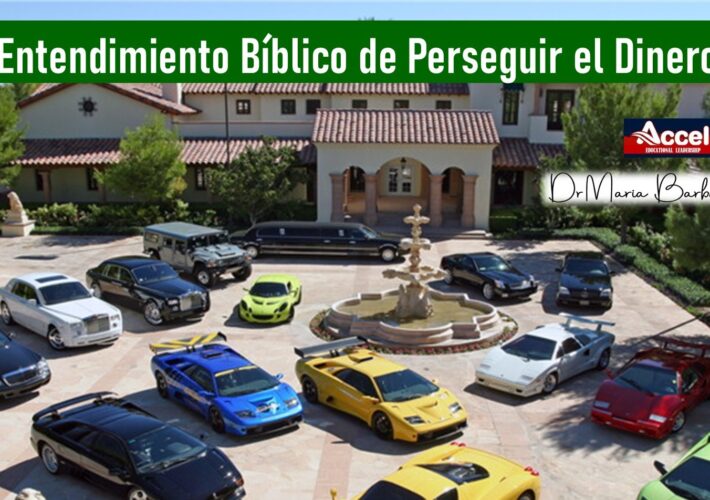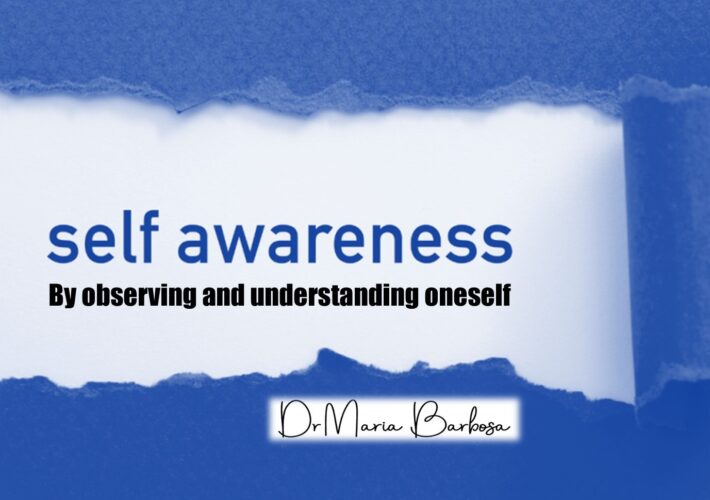The Resurrection of Jesus
Easter stands as the heart of the Christian faith, commemorating the most pivotal moment in history-the resurrection of Jesus Christ. While the world often associates Easter with colorful eggs, bunnies, and festive gatherings, its true essence lies in the miraculous event that took place over two thousand years ago. Jesus’ triumph over sin and death through His resurrection offers humanity the ultimate gift: redemption and eternal life.
The Profound Significance of the Resurrection
The resurrection of Jesus is more than a historical event; it is the cornerstone of Christianity. As the Apostle Paul declares in 1 Corinthians 15:14, “And if Christ has not been raised, our preaching is useless and so is your faith.” The resurrection validates Jesus’ divinity, confirming His role as the promised Messiah and the Savior of the world. It stands as a testament to God’s supreme power over life and death, fulfilling prophecies spoken centuries before Christ’s birth.
Through His resurrection, Jesus opened the path to humanity’s redemption. Romans 6:9 assures us, “For we know that since Christ was raised from the dead, he cannot die again; death no longer has mastery over him.” This victory over the grave offers believers the hope and promise of eternal life. Easter, therefore, is not just a celebration of Christ’s triumph-it is a beacon of hope for all who put their faith in Him.
The Spiritual Message of Easter: Renewal and Hope
At its core, Easter is a message of renewal, hope, and unconditional love. The resurrection represents new life-not only for Jesus but for all of humanity. It reminds us that no sin is too great to be forgiven, and no darkness too overwhelming to be overcome. Through His sacrifice, Jesus bridged the divide between God and humanity, offering reconciliation and a fresh start.
The period leading up to Easter, particularly Lent, invites Christians into deep reflection. It’s a time to examine our hearts, repent of our sins, and renew our commitment to God’s calling. The empty tomb stands as a powerful symbol of transformation, urging believers to cast aside spiritual death and embrace a life filled with grace, purpose, and love.
The Everlasting Hope of the Resurrection
The resurrection offers a profound hope that transcends life’s struggles, pain, and brokenness. In a world marred by suffering and injustice, Easter reminds us that death does not have the final say. Jesus’ victory over the grave ensures that, through Him, believers can rise above life’s challenges, anchored in the promise of eternal life.
Jesus Himself declared in John 11:25, “I am the resurrection and the life. The one who believes in me will live, even though they die.” This promise offers a deep and abiding hope—that no matter the trials we face, our future is secure in Christ.
Living Out the Meaning of Easter
While Easter Sunday is a beautiful celebration, the message of the resurrection calls believers to live its truth daily. It’s an invitation to embody the love, compassion, and forgiveness that Jesus displayed. The power of the resurrection enables Christians to be lights in the darkness, offering hope and healing in a broken world.
Romans 6:4 captures this call beautifully: “We were therefore buried with him through baptism into death in order that, just as Christ was raised from the dead through the glory of the Father, we too may live a new life.” This new life is marked by spiritual transformation, deeper intimacy with God, and a commitment to living according to His will.
Easter: A Call to Forgive as Jesus Forgave
Beyond the celebration of hope and eternal life, Easter carries a deeply personal message-a call to forgiveness. On the cross, amid immense suffering, Jesus spoke words that resonate through the ages: “Father, forgive them, for they do not know what they are doing” (Luke 23:34). His forgiveness was unconditional, extended not only to His executioners but to all of humanity.
Easter challenges us to reflect on our own hearts and relationships. Ephesians 4:32 encourages, “Be kind and compassionate to one another, forgiving each other, just as in Christ God forgave you.” Forgiveness is often difficult, especially when wounds run deep, but it is a divine act that brings freedom and healing-not just for the forgiven but also for the forgiver.
The Transformative Power of Forgiveness
Forgiveness doesn’t erase the pain or condone the wrong, but it releases the grip of bitterness and allows God’s grace to heal our hearts. Matthew 6:14-15 reminds us of its significance: “For if you forgive other people when they sin against you, your heavenly Father will also forgive you. But if you do not forgive others their sins, your Father will not forgive your sins.”
By choosing forgiveness, we mirror the heart of Christ, allowing His love to flow through us and bring peace to fractured relationships.
Conclusion: Embracing the True Essence of Easter
Easter is more than a day of celebration-it is a profound reminder of God’s immense love, boundless grace, and the promise of new life through Jesus Christ. It calls us to not only remember the resurrection but to live its transformative power daily-walking in hope, love, forgiveness, and purpose.
As we celebrate Easter, may we embrace its true meaning: the victory of life over death, love over sin, and hope over despair. And as Jesus forgave us, may we also extend that forgiveness to others, living as beacons of His light and love in the world.
Easter isn’t just an event to be celebrated; it’s a life to be lived-renewed, forgiven, and filled with the hope and joy that comes through Jesus Christ.
By: Dr. Maria P. Barbosa www.drmariabarbosa.com
Discover more from Dr Maria Barbosa
Subscribe to get the latest posts sent to your email.






